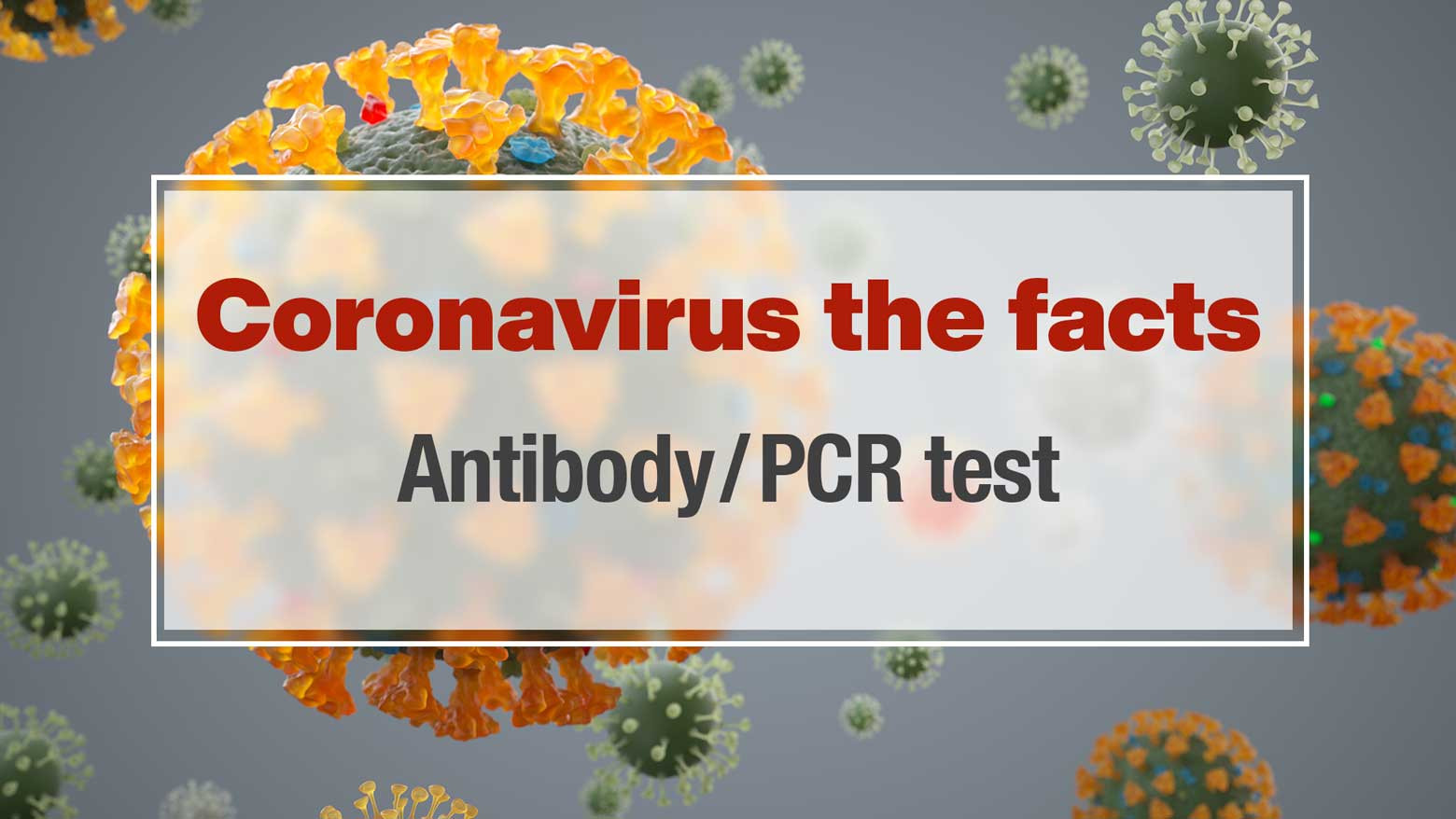This is part 29 of our coronavirus FAQ. Click here to read other installments: #Coronavirus the facts. Find the latest information and answers from experts on everything COVID-19.
What is an antibody test?
An antibody test, as the name suggests, checks whether your blood carries antibodies, a type of protein that your immune cells create after you’ve been infected by a virus. The test involves taking just a few drops of your blood.
However, your blood needs some time to create antibodies. If you’re tested right after being infected, the antibodies may not be detectable. Japan’s National Institute of Infectious Diseases tested blood samples of a group of people infected with the coronavirus using commercially available test kits. The institution says it took two weeks for antibodies to be detected in most of the samples.
What is a PCR test?
A PCR test checks whether you are currently infected with the virus. It is important to note that in many cases, antibodies are not detectable in your blood even if your PCR test result is positive; they may only appear after recovery. Conversely, just because your PCR test is negative, it doesn’t mean you aren’t carrying antibodies. You may already have been infected and recovered.
This information is accurate as of July 2, 2020.
